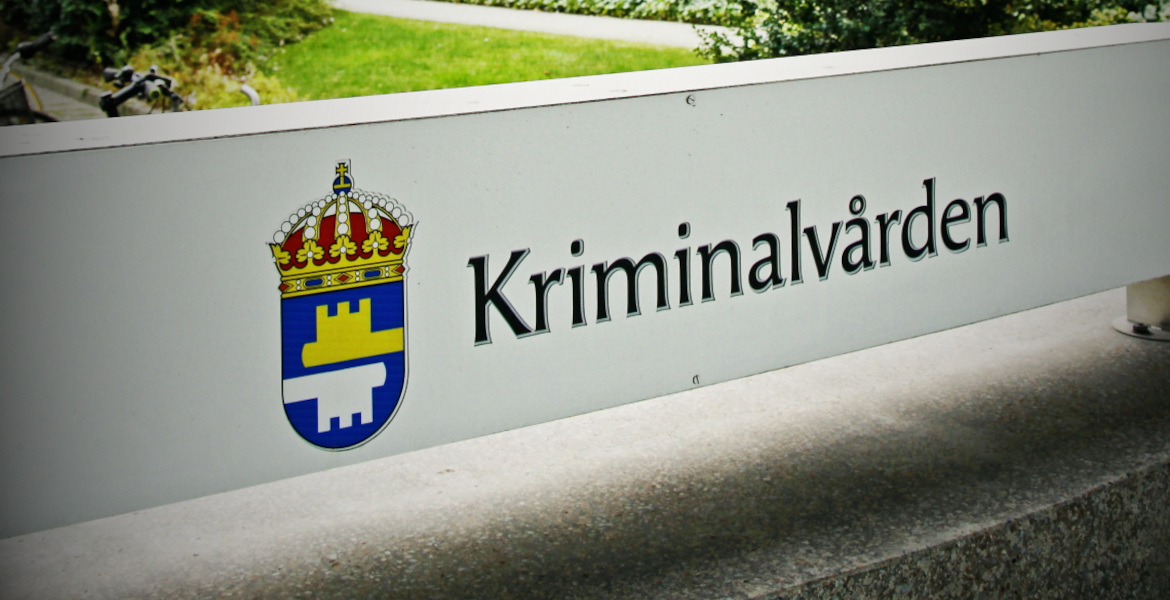After running aground three times, the passenger vessel Marco Polo has caused an environmental disaster off the coast of Blekinge. With thousands of oil-damaged birds and coastlines covered in thick oil, volunteers and authorities are now struggling to clean the affected area.
The passenger ship Marco Polo ran aground off the coast of Blekinge on Sunday, October 22. The ship first made a grounding that caused oil leakage over several nautical miles, then it grounded again but got stuck. The crew did not use a working GPS and did not make use of other navigational aids on the ship. A week later, the weather caused the ship to drift and run aground again.
– It’s borderline parodic, I’ve never experienced the same ship running aground three times. I believe it’s a world record, says Ulrik Nielsen from the Coast Guard, to the Bonnier newspaper DN.
This has created a massive oil spill that has spread around Pukavik Bay and Hanö Bay. The thick oil has spread in the water and drifted towards the land where it has contaminated, among other things, beaches and vegetation. Above all, the area’s wildlife has been affected, with over a thousand birds reported to have been oil-damaged.
Must wash oil-damaged birds
The Coast Guard is now struggling together with other organizations and hundreds of volunteers to clean up the oil from nature. A significant part of the work is about trying to save the oil-damaged birds.
There were two swans here yesterday, black with oil. They swam in the bay out here, says Bengt-Arne Nilsson, a rehabilitator at the organization Disaster Aid – Birds and Wildlife in Blekinge, who is out looking for oil-damaged birds, to WWF.
The birds that can be taken care of are washed by hand in large plastic tubs with 41-degree water and dish soap. Before the washing, the birds get to rest and eat.
– It’s very strenuous for the birds to be washed, and they need all the energy to handle it, says Pernille Kragenskjöld, who organizes the washing of the birds at the organization.
Washing a swan requires four people to wash and two to clean the tubs while someone changes and refills with new tempered water. Since the oil is very thick, new water must be added all the time. Washing a swan can take two hours, and during that time, the water may need to be changed up to 20 times. Afterwards, the birds lie in a quiet drying room to rest before being released again. If one sees an oil-damaged animal, one is urged to report it.
Hundreds sign up to help
Through Sölvesborg’s municipality, you can sign up as a volunteer to help with the cleanup work, which over 700 people have done. On the beach, numerous volunteers work to clean the nature from the oil. One of them is Hampus Södergren, who grew up in the area and helps out with his group of friends.
– We’re passionate about this stretch of coast and love this area, Hampus tells Blekinge County Newspaper.
Around 50,000 liters of oil have been collected so far, but much more remains to be cleaned up. The work with the cleanup could, in the worst case, continue for several years.







